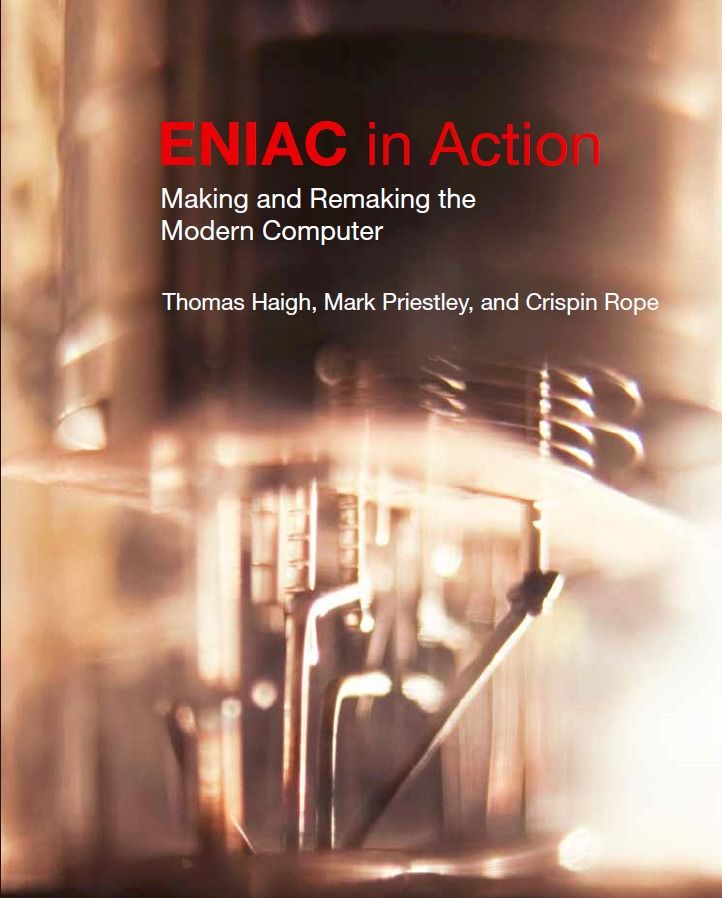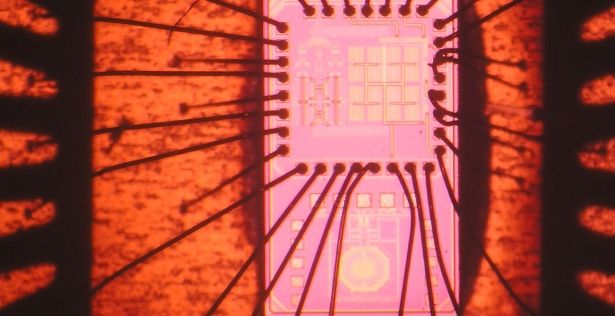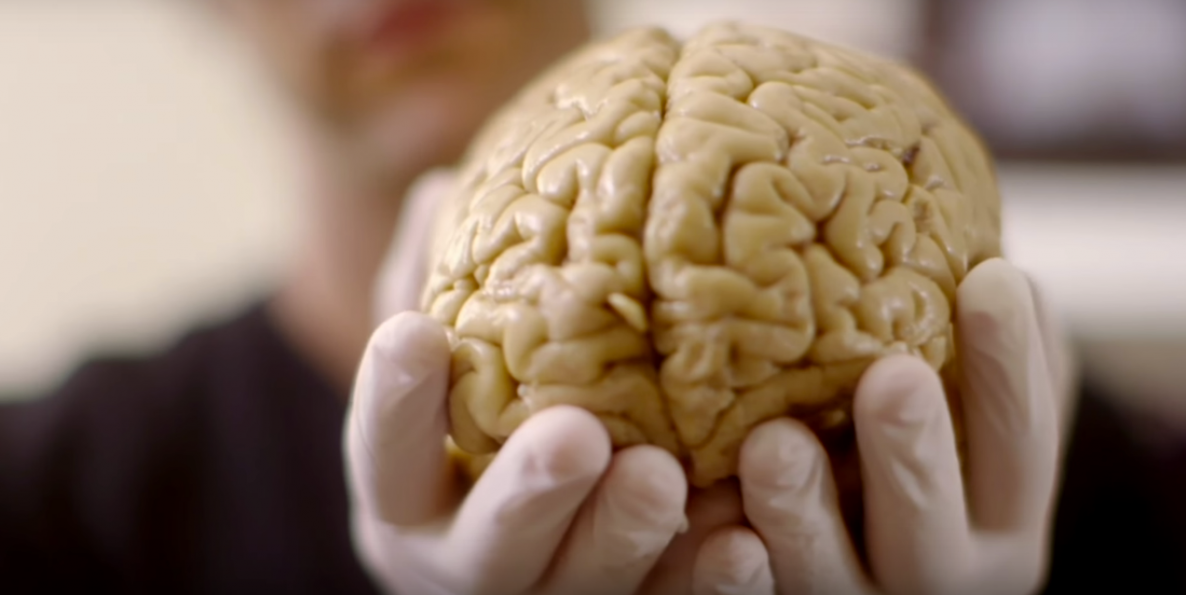Apr 18, 2016
Dartmouth-led team devises new technique to probe ‘noise’ in quantum computing
Posted by Karen Hurst in categories: computing, quantum physics
Fine tuning QC.
HANOVER, N.H. — Dartmouth College and Griffith University researchers have devised a new way to “sense” and control external noise in quantum computing.
Quantum computing may revolutionize information processing by providing a means to solve problems too complex for traditional computers, with applications in code breaking, materials science and physics, but figuring out how to engineer such a machine remains elusive.
Continue reading “Dartmouth-led team devises new technique to probe ‘noise’ in quantum computing” »


















